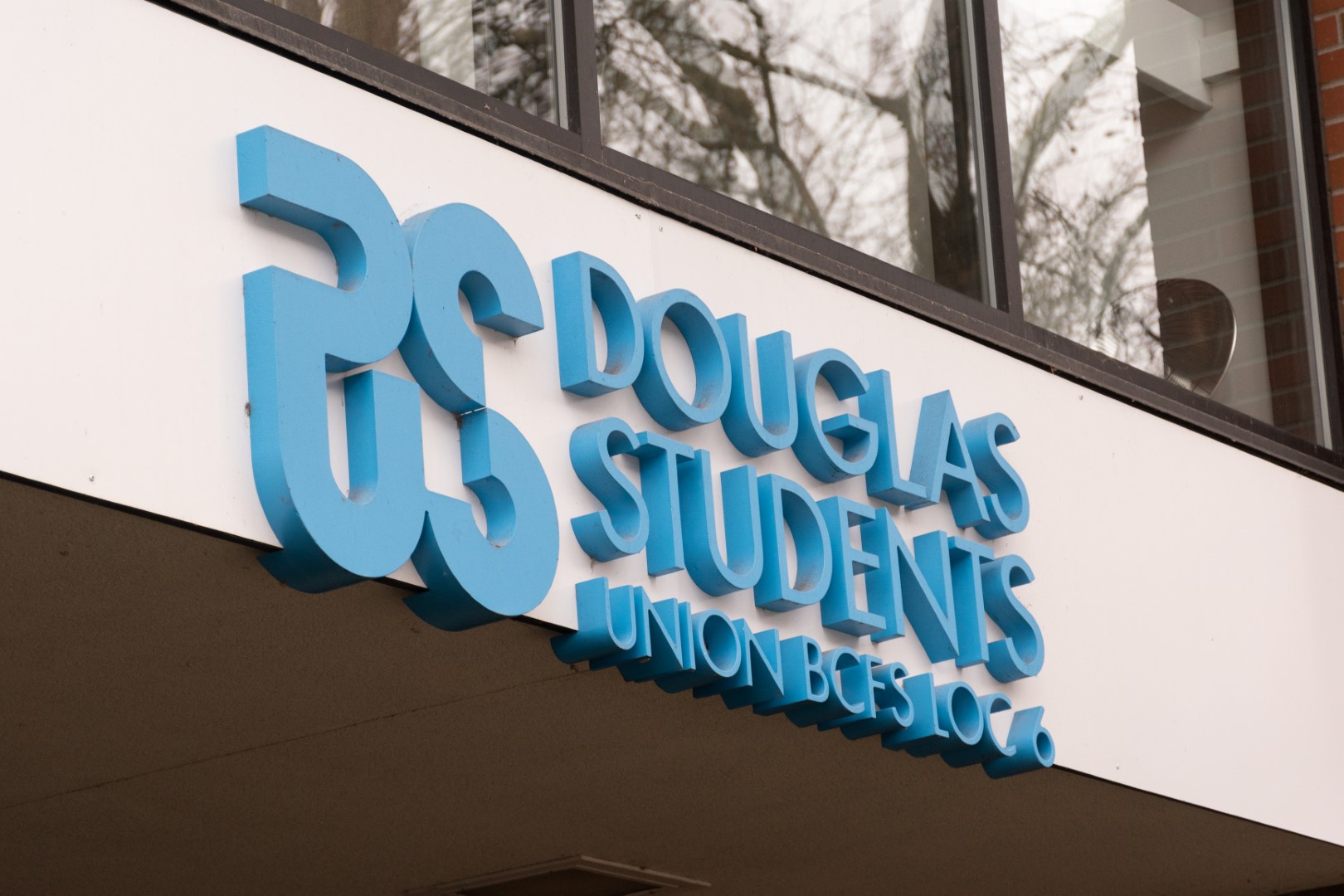
‘Knock out interest on student loans’ letter directed to PM Justin Trudeau
By Jessica Berget, Assistant Editor
The campaign claims that student loan in Canada has increased by 78 percent since 1999.
According to the DSU, the average Canadian student accumulates about $5000 in student loan debt interest, and this is why many post-secondary institutions are asking the federal government to eliminate all student loan interest debts.
The “Knock Out Interest” campaign led by the British Columbia Federation of Students (BCFS) has been endorsed by over 40 student unions representing over 750,000 students, including our very own Douglas College Students’ Union.
The campaign claims that student loan in Canada has increased by 78 percent since 1999, reaching $35,000 for a four-year bachelor’s degree, and that the total outstanding federal debt amounts to $18.5 billion (not including provincial student loans). The campaign has been putting pressure on PM Trudeau considering the recent pandemic making it harder for students to pay their debt interests.
In a February 8 news release, DSU Director of Student Relation, Caitlin Spreeuw, says the pandemic is a great time to do this as many students are struggling. “Students and young people have been hit hardest by the COVID-19 pandemic. Economic recovery will take several years; to support recent and future graduates, the federal government should permanently eliminate interest charged on student loans. Today, we are sending an open letter to Prime Minister Justin Trudeau to kick off a Canada-wide Week of Action urging him to eliminate interest on Canada Student Loans.” Other Canadian provinces like Manitoba, Newfoundland & Labrador, Prince Edward Island, and Nova Scotia have all agreed to end student loan interest.
The DSU argues that student loan interests punish lower- and middle-class income families and that eliminating student loan interest would help boost the economy as people can spend their money on goods and services rather than their debts. A study by RBC suggests many graduates hold off on buying a home, getting married, having children, and say they don’t have enough money saved up for emergencies because of their debts.

